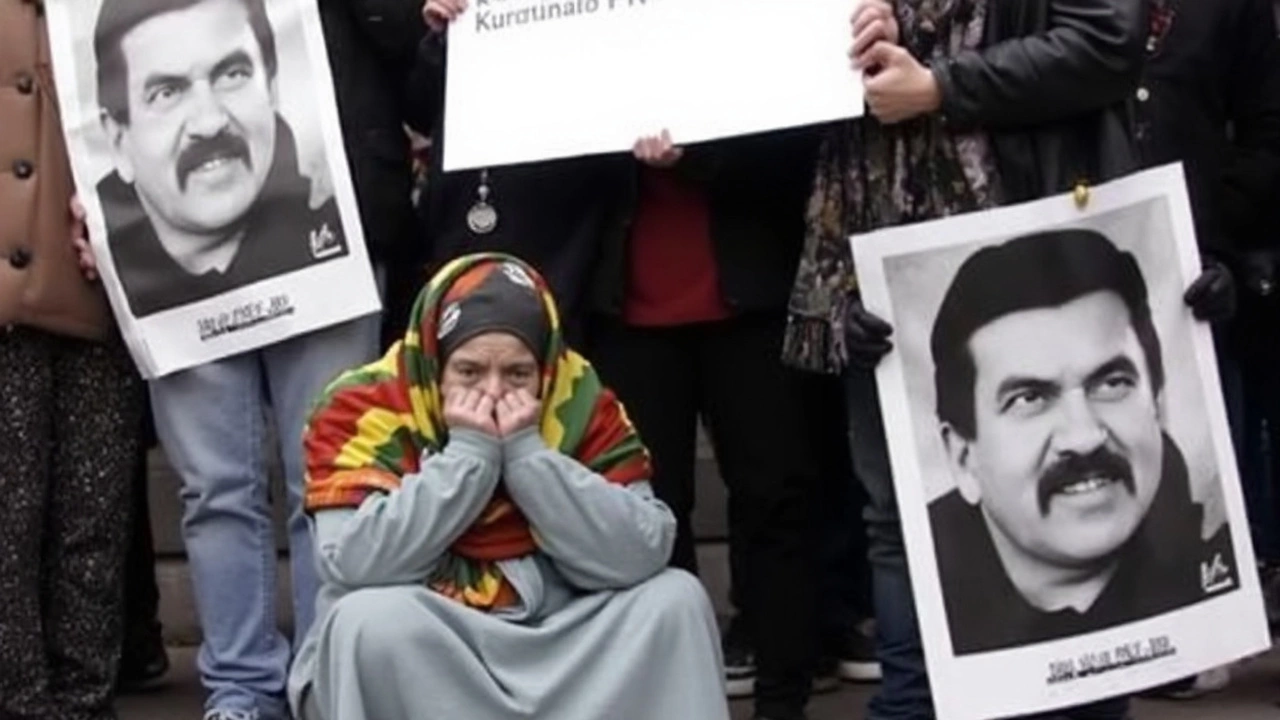Abdullah Öcalan’s Early Years and Political Awakening
Abdullah Öcalan was born in 1949 in the rural village of Ömerli, tucked away in Turkey’s Şanlıurfa Province. Growing up amid a large family where Kurdish and Turkish cultures mixed, he watched firsthand the everyday discrimination faced by Kurds across southeastern Turkey. These early experiences pushed him toward politics, hoping for answers where his parents saw only struggle.
Moving to Ankara in his late teens changed everything for Öcalan. He enrolled in political science at university, where the 1970s student movements were in full swing, protests echoing through lecture halls. He quickly found himself attracted to leftist ideas, feeling they spoke to the root of Kurdish hardship. At age 23, Öcalan landed in prison for the first time after student activism ran afoul of the law. But rather than breaking him, jail solidified his belief: meaningful change required more than words. He later called his first stint behind bars a "school"—here, he deepened his belief in the need for *armed resistance*.
The Birth of the PKK and Decades of Violent Struggle
By 1978, Öcalan had built a small band of determined followers. Dissatisfied with the passivity of earlier Kurdish groups, his vision was radical and confrontational. He set up the Kurdistan Workers' Party (PKK), forging a new direction: away from tribal loyalties, tilting instead toward Marxism-Leninism. The aim wasn’t just recognition, but a revolutionary war for independence—and socialism—for the Kurdish people.
The PKK drew inspiration (and concrete help) from global revolutionary movements, especially leftist Palestinian groups in Lebanon like the DFLP. Their training grounds echoed with the language of anti-imperialist solidarity, connecting the Kurdish fight to wider struggles in the region. Under Öcalan, the PKK’s new recruits hardened both their ideology and their skills.
In 1984, the PKK launched full-scale armed attacks targeting Turkish military and infrastructural outposts. Fighting spilled out from the mountains, drawing a fierce response from the Turkish state. The movement’s roots in Syria kept the Turkish authorities tense, but pressure forced the PKK to constantly reshape its tactics and hideouts. Meanwhile, attacks linked to the PKK—sometimes deadly bombings or civilian bus ambushes—made Öcalan infamous across much of Turkey, earning him the nickname "baby killer" among critics.
The Turkish crackdown, though often brutal, failed to crush the PKK. But in 1998, when neighboring Syria expelled Öcalan under Turkish threat, his vulnerability was exposed. The next few months saw him bouncing from Russia to Italy and then to Greece, none willing to risk angering Turkey by sheltering him.
In 1999, acting on a U.S. intelligence tip, Turkish agents seized Öcalan in a dramatic operation in Kenya. He was flown home, paraded before cameras, and condemned to death—though this was changed to a life term in 2002 when Turkey ended the death penalty as part of its bid to join the European Union.
Today, Öcalan has spent over two decades in near-complete isolation on Imrali Island. For many Kurds, he is still "Apo"—Uncle—a man whose vision defined an era, whose image appears on banners at rallies far beyond Turkey. Others, especially in the Turkish mainstream, see only the bloodshed, the loss, and a man they blame for tearing communities apart.
Öcalan’s life and the conflict he ignited are still everywhere in Turkish and Kurdish politics—his ideas debated in parliament, his face stamped on murals, his name referenced quietly in prison letters. The story of the PKK, and how one determined young activist channeled anger into the most enduring Kurdish rebellion, continues to reflect the sharpest divisions in modern Turkey.
